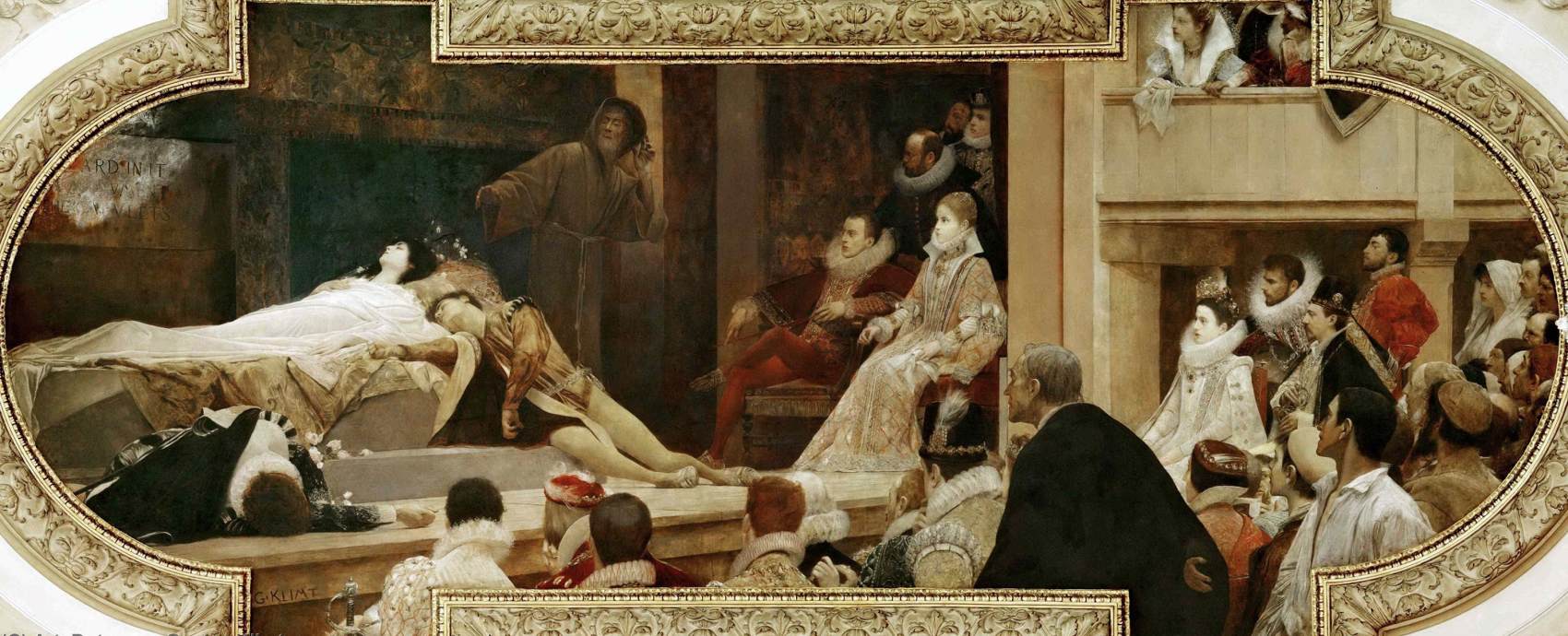The humanities we know: a conversation with Jeffrey R. Wilson on his new journal Public Humanities.
Humanities Watch recently spoke with Jeffrey R. Wilson, Co-Editor-in-Chief of the new journal Public Humanities, whose first issue will appear in the coming months. The journal is open-access, and peer-reviewed, and studies the place of the humanities in public life.
Humanities Watch: What’s your background in relationship to your venture with the journal?
Jeff Wilson: I’m public school educated K through Ph.D. Grew up in the middle of Kansas, outside the usual pathways to academia. I went to Mesa Community College in San Diego then shifted over to San Diego State. Got a degree in English there, a minor in religious studies, and then up the road to UC Irvine for a Ph.D. in early modern literature and wrote a dissertation about Shakespeare.
I ended up teaching in a Department of Criminal Justice, of all places. The department had gone out to employers in the area and said, “What do you need from our graduates?” And they all said, “We need them to be better writers.” So they started hiring writing teachers. After about two years there, I made a shift over to the Harvard College Writing Program, where I taught for about nine years and wrote a few books about Shakespeare.
I’d been thinking a lot about writing. I loooooove academic writing: the more footnotes the better. But I know that the people that I grew up with don’t see clear-cut pathways to these amazing worlds of interpretation and debate.
So we thought up this idea for a journal. The sticking point was it had to be open access—and it took some time to figure out how to make a journal open access, peer reviewed, speedy in delivery to readers, and still financially sustainable for the press.
HW: What were the supporting ideas behind the journal?
JW: I think it’s fair to say that that the journal comes from a disconnect between public humanities and the academic humanities.
People like to talk about a crisis in the humanities, but that crisis is really only in the academic humanities, the professional fields that operate out of colleges and universities. There’s not really a crisis in the public humanities. Humanities work is booming right now: the interpretation of human culture and creativity that’s in our daily lives, at work, on the internet, at the dinner table, with friends, on cable news. That version of the humanities is doing just fine.
HW: Who do you imagine your public to be? Who’s your readership?
JW: It’s scholarship for people in the zip codes that we grew up in. Everyone grew up in different zip codes, of course, but very few people who are deeply invested in public humanities come from privilege. We’ve scratched and clawed our way into academia because we care deeply about the pursuit of truth, knowledge, and justice. But somewhere along the way, we get professionalized into speaking only to the profession and not to the people and the ideas that motivated us in the first place.
So we think of our journal as an opportunity to return to those audiences that we care most about. Those might be rural audiences; it might be city blocks that can be a bit rough; might be low-income neighborhoods; or countries that don’t have great governments. But our audience is also people with their hands on the levers of power.
HW: What about your writers?
JW: We want the most knowledgeable people. Maybe that means that you’re personally close to a topic because you’ve lived through it and you’ve got a perspective that others can connect with. Maybe you’re just a ridiculously smart scholar who knows the topic inside-and-out, and people will benefit from hearing your expertise. We want to put multiple people in conversation so that they can co-create knowledge—our communities informing our scholarship and our scholarship impacting our communities.
We don’t care about your status or your employer. You just need to have a little bit of a chip on your shoulder and some fire in your belly to write for the journal.
HW: How does the structure of the journal reflect these multiple audiences and authors?
JW: We’ve got two main branches—our of-the-moments section and our themed issues.
The of-the-moment section is where articles are shorter, snappier, easier to access, read, and comprehend.
The themed issues come out quarterly. They are guest-edited by someone who convenes a group of scholars or practitioners to think about a topic from many different angles—different disciplines, different periods, different regions, different perspectives, different methodologies.
So the of-the-moment section is a bit more public-facing (this is where we are doing public humanities) and the themed issues are a bit more academic-facing (where we are thinking about public humanities).
HW: What are the public humanities?
JW: Everyone has a different understanding of public humanities. I think it happens whenever interpretation of human creativity comes into contact with the lives that we lead day-to-day.
That’s an extremely broad definition, which might anger some scholars, but it’s also an extremely legible definition to the vast majority of people who might see scholars as a bit out of touch or potentially boring.
In our conversations thus far, we’ve developed a list of ten forms of public humanities.
1. public-facing academic work
2. knowledge derived from practitioners
3. humanistic knowledge created through collaboration with people that come from various publics
4. data on the humanities in public
5. activism informed by humanities research
6. policymaking related to the humanities
7. the value of the humanities in the public, and of the public humanities in academia
8. graduate programs in public humanities
9. pedagogy for public humanities;
10. histories, theories, and critiques of the field of public humanities.
So we have a really capacious understanding of the idea because we want to invite in as many different people and perspectives as possible to find their version of the public humanities.
HW: How can the humanities become more public, that is, more present in the public sphere? How does your journal aim to heighten its readers understanding of the public presence of the humanities?
JW: On the one hand, I don’t accept the premise of the question. The public sphere is absolutely brimming with humanities work.
On the other hand, if the question is about how the academic humanities become more public, it’s pretty simple: provide professional incentives for academics to go public.
Academics don’t write for hyper-specific peer-reviewed journals because that’s what we love to do in our heart of hearts. That’s what we need to do to get jobs and promotions. If you change the incentive structure in academia, you’ll change what academics spend their time doing. That’s why we’re providing a venue for peer-reviewed public-facing work.
HW: How do the humanities or public humanities stand in relationship to STEM and business concerns? And would you identify any tensions or harmonies in this relationship?
JW: These three domains — humanities, social sciences, business — clearly complement each other. We want basic exposure to each domain and an opportunity to develop specialized skills in whichever domain we enjoy most and where we might have some talent. Anyone who has had any degree of success in humanities, social sciences, or business will happily tell you the value of having skills from those other domains.
The only reason that tension emerges is because of competition for limited resources. Lack of support for education in general manifests as these different domains asserting their value over and above others in an effort to secure funding.
HW: What would you say to folks who are in those companies or in that technical field? How have you have found the humanities to be helpful for people who are working in that field?
JW: I would flip the question on its head and just say that the people who have professional training in, for example,engineering or computer science and know how to do the detailed problem-solving of building something: you may enjoy interpretive humanities conversations.
I think the humanities are desperate to be in conversation with folks who have technical know-how because, if we can think about a Shakespeare play, his plays are something that he made. He created those. And if you’ve got people who have specialized expertise in how creation happens—the nuts-and-bolts needed to engineer an idea into a reality—then you might have something to teach us about how Shakespeare made his plays.
HW: When is the first issue coming out? How can people get involved?
JW: The of-the-moment pieces will start appearing in fall 2024, and those are open for submissions now.
And then the themed issues will start appearing toward the toward the end of 2024.
The very first issue there is called The Manifesto Issue. This convenes public humanists, students, scholars, practitioners, activists, policymakers, thinkers of any stripe to ask about the status and the stakes of the public humanities at the moment.
Those three opportunities are live and moving quickly, if folks want to send submissions to publichumanities@cambridge.org.
For other posts on public humanities, see here.
H/t Scott Newstok









Leave A Comment